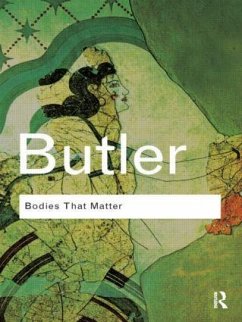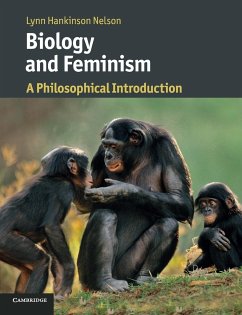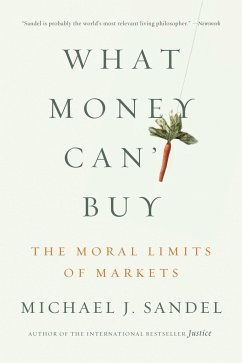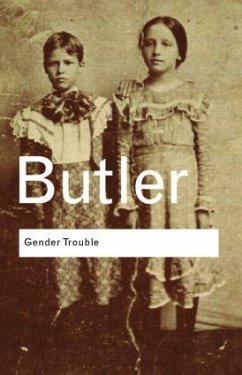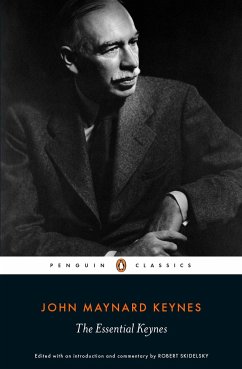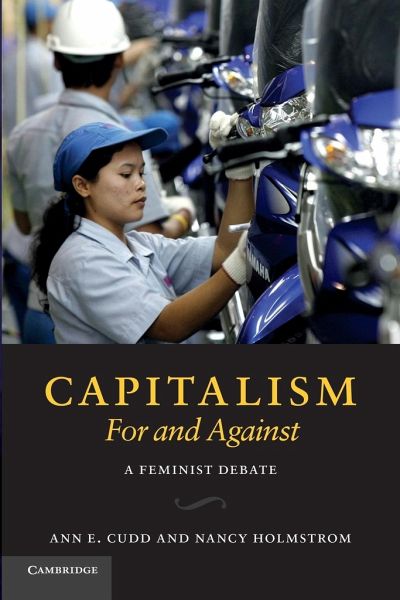
Capitalism, for and Against
A Feminist Debate
Versandkostenfrei!
Versandfertig in 1-2 Wochen
44,99 €
inkl. MwSt.

PAYBACK Punkte
22 °P sammeln!
Political philosophy and feminist theory have rarely examined in detail how capitalism affects the lives of women. Ann Cudd and Nancy Holmstrom take up opposing sides of the issue, debating whether capitalism is valuable as an ideal and whether as an actually existing economic system it is good for women. In a discussion covering a broad range of social and economic issues, including unequal pay, industrial reforms and sweatshops, they examine how these and other issues relate to women and how effectively to analyze what constitutes 'capitalism' and 'women's interests'. Each author also respon...
Political philosophy and feminist theory have rarely examined in detail how capitalism affects the lives of women. Ann Cudd and Nancy Holmstrom take up opposing sides of the issue, debating whether capitalism is valuable as an ideal and whether as an actually existing economic system it is good for women. In a discussion covering a broad range of social and economic issues, including unequal pay, industrial reforms and sweatshops, they examine how these and other issues relate to women and how effectively to analyze what constitutes 'capitalism' and 'women's interests'. Each author also responds to the opposing arguments, providing a thorough debate of the topics covered. The resulting volume will interest a wide range of readers in philosophy, political theory, women's studies and global affairs.





